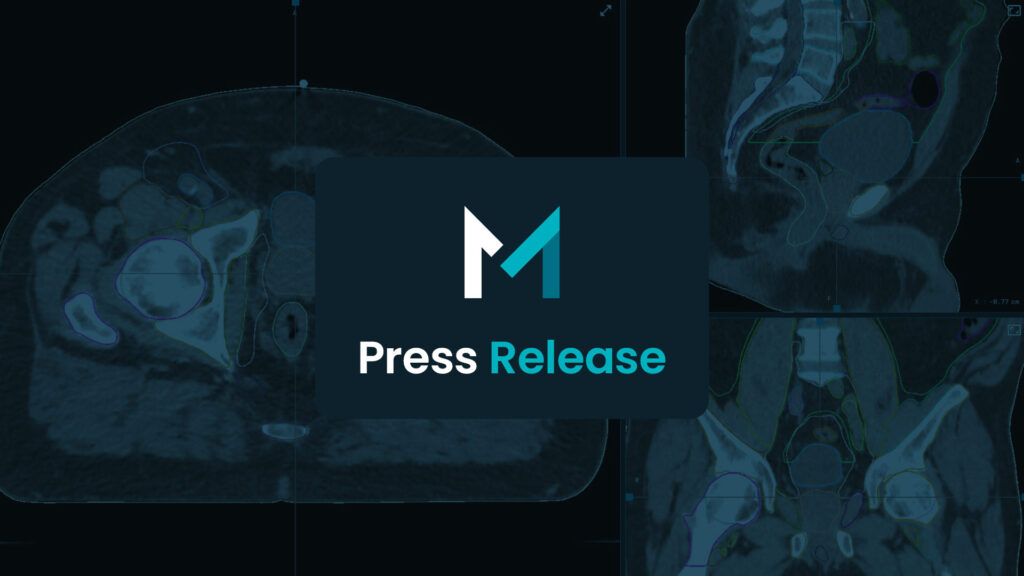The cancer rates in Spain are rather unsettling. In 2020 alone, there were well over 282,000 new cancer cases and over 113,000 cancer deaths. Currently, the five most common types of cancer that have devastated the Spanish population overall are:
- Colorectal (Bowel) Cancer
- Prostate Cancer
- Breast Cancer
- Lung Cancer
- Bladder Cancer
According to the Global Cancer Observatory, men in Spain were far more likely to get lung cancer than women last year. So far, in Spain this year, there have been nearly 3000 more new cases of bowel cancer and over 1000 more new cases of prostate cancer than in 2020. Since March 2020, more hospitals in Spain have been incorporating hypo-fractionated treatment into radiation oncology departments. Medical professionals have observed many benefits, including that hypo-fractionated radiotherapy treatment reduces the sessions per patient.

Influential Findings by a Spain-Based Group
KRAS mutations are present in approximately 25% of tumors, making them one of the most common gene mutations linked to cancer, including some of the most malignant cancers such as lung or pancreatic adenocarcinomas. Although these statistics are rather bleak, the Experimental Oncology Programme, headed by Mariano Barbacid at the Spanish National Cancer Research Centre (CNIO), is constantly uncovering new findings to improve patient wellbeing.
The KRAS oncogene produces two protein isoforms which, theoretically, could be inhibited via distinct strategies. However, there were no KRAS inhibitors developed until two months ago. A recent study, published in PNAS, the journal of the Academy of Sciences in the USA, demonstrates that both protein isoforms can induce cancer. The results indicate that only the therapies that target both isoforms will be effective. These results may help prevent the development of therapeutic strategies. This could potentially aid 25% of the nearly 173,000 Spanish cancer patients, diagnosed with the five most common types of cancer this year.

Reliable, Time-Saving Auto-Segmentation
The MVisionaries at MVision AI are saddened to hear of the increased cancer rate in Spain and are excited by the Experimental Oncology Programme’s recent findings. MVision AI works hard to help medical professionals combat the devastating chronic disease that is cancer. Our auto-segmentation models are guideline-based, following consensus guidelines including, ESTRO and RTOG. Additionally, we help speed up the radiotherapy treatment process, assisting hospitals in providing same-day treatments to their patients.

DTA S.L.
We very much appreciate our partnership with the experienced Spain-based distributor, DTA S.L. DTA’s mission is to put the most innovative solutions at the disposal of their customers, helping to improve the quality of radiotherapy throughout Spain. It has been rewarding to collaborate with DTA over the past year to provide superior, timely, and guideline-based services to hospitals in Spain.
MVision AI is proud to help cancer patients throughout Spain.
If you are interested in learning more about MVision AI’s guideline-based and GDPR compliant radiotherapy solutions, visit our website and follow us on LinkedIn.
We welcome you to contact MVision’s Head of Sales Business Development, EMEA; Dr. Britta Schürmann:
Tel: +49 173 200 8384
Email: britta.schurmann@mvision.ai
For further details on including MVision’s services at your Spanish clinic, contact DTA SL:
Tel: +34 911 101 318
Email: dta@dta.com.es
Sources








